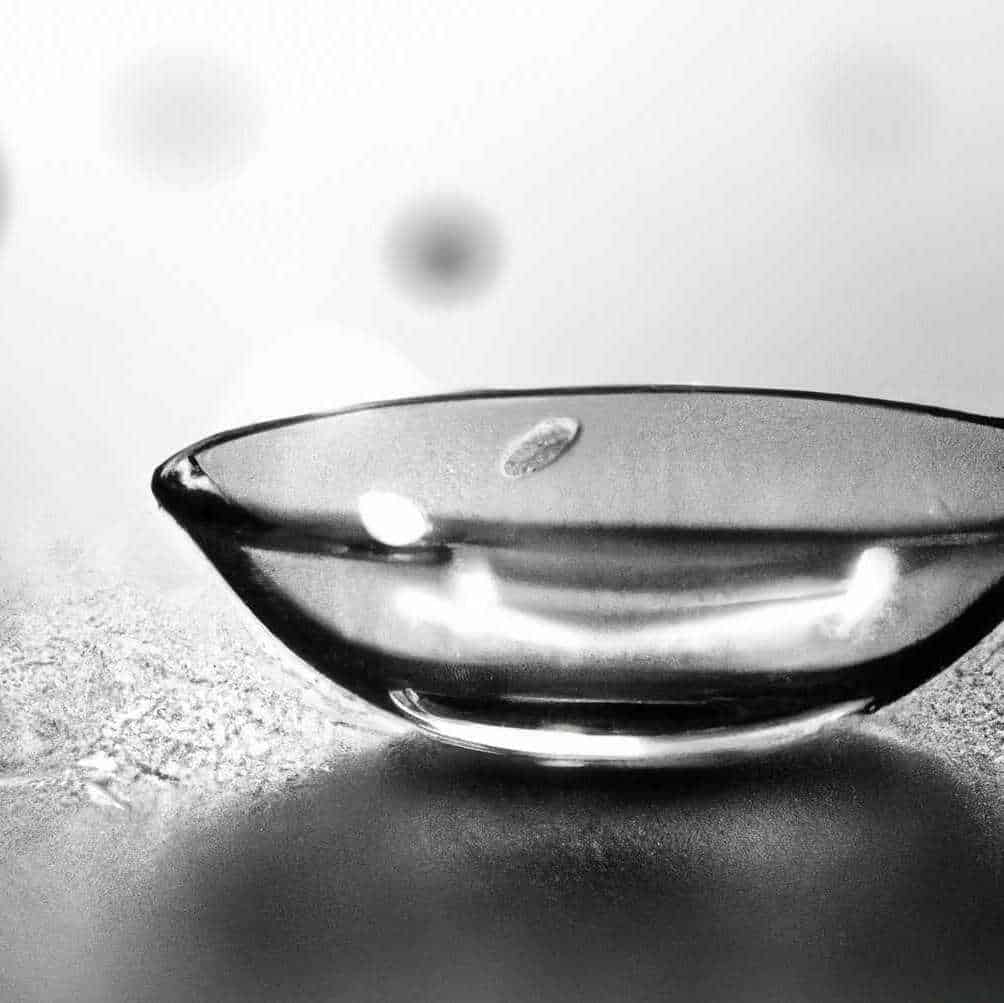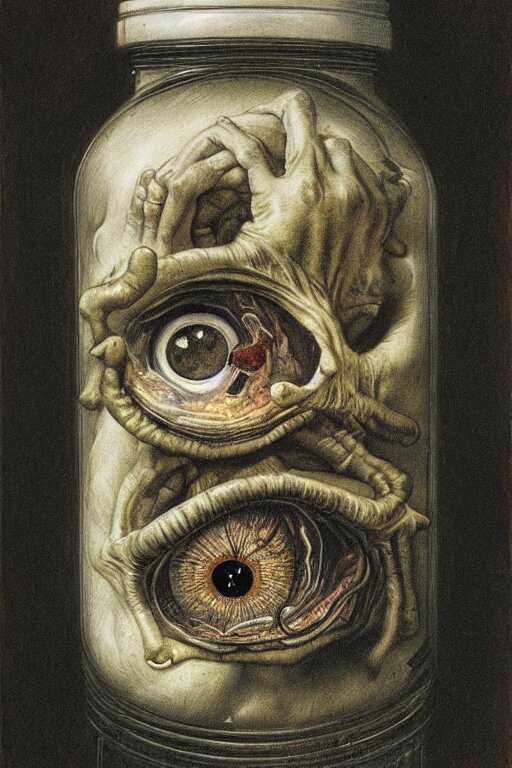I was diagnosed with keratoconus(KC) at the age of 19 in 1989. I was also, unfortunately, the 12-20% of those of us diagnosed with KC that will have to undergo a full corneal transplant.
I had a full corneal in my right eye in 1995. I never gave much thought to how my depth perception was altered by KC and how it affected my quality of life.
This blog post is dedicated to discussing an important topic for those of us diagnosed with keratoconus. In this article, we will look at the relationship between keratoconus and depth perception.
Shed light on the challenges it poses in our daily life, and explore the potential benefits of scleral lenses as a solution.
Although we have discussed the difference between sight and perception in a previous post, it is worth going over again.
While sight refers to the ability to see and detect objects, perception goes beyond mere visual input.
It involves the brain’s interpretation of the visual information received from the eyes, which includes factors such as depth perception, spatial awareness, and object recognition.
Keratoconus and Depth Perception: A Complex Connection
Keratoconus, a condition characterized by the thinning and bulging of the cornea causing refractive errors, can significantly impact depth perception. Depth perception allows us to judge distances accurately.
Perceive spatial relationships, and navigate our surroundings. However, due to the irregular shape of the cornea in keratoconus, light entering the eye is bent incorrectly, hence the name refractive error, by our damaged cornea, leading to visual challenges that affect depth perception.
Daily Challenges with Keratoconus
- Blurred and Distorted Vision: The irregular shape of our cornea due to keratoconus can cause blurred and distorted vision, making it difficult to see objects clearly and accurately.
- Reduced Contrast Sensitivity: Keratoconus may lead to reduced contrast sensitivity, making it challenging to differentiate between objects or perceive details in low-light conditions.
- Sensitivity to Light: Many individuals with keratoconus experience increased sensitivity to light (photophobia), which can cause discomfort and further impact visual perception.
- Difficulty with Depth and Distance Perception: Judging distances accurately becomes challenging for those with keratoconus, making driving or playing sports more demanding. Try playing tennis with skewed depth perception or driving at night.
Living with keratoconus presents unique daily challenges that can impact various aspects of life. Some of these challenges include:
Scleral Lenses: A Promising Solution for Keratoconus
Fortunately, there is hope. I can attest to this firsthand for individuals with keratoconus in the form of scleral lenses.

Scleral lenses are custom-designed contact lenses that cover the entire cornea, resting on the sclera (the white part of the eye).
Here’s how they can help:
- Clear Vision: Scleral lenses create a smooth and regular optical surface, compensating for the corneal irregularities associated with keratoconus. This helps to improve vision and reduce distortions. To put it differently, the scleral lens can mask our refractive error.
- Improved Comfort: The design of scleral lenses allows for a reservoir of fluid between the lens and the cornea, providing comfort by preventing direct contact with the sensitive corneal surface.
- Reduced Light Sensitivity: By covering the entire cornea, scleral lenses can minimize light sensitivity, offering relief to individuals with photophobia.
- Enhanced Depth Perception: Scleral lenses can provide better depth perception by optimizing the visual input and reducing the distortions caused by keratoconus.
From Legally Blind to 20/20 Vision

I got my vision restored with the aid of the scleral lens in August 2017. With my lenses, my vision has been corrected to 20/20 when wearing my sclerals.
Without my lenses, I am legally blind with all of the documentation from my keratoconus specialist. Glasses are of little help to me.
Key Takeaways
- Depth perception allows us to judge distances accurately.
- Perception involves the integration of sensory information, past experiences, and cognitive processes.
- Perception and depth perception gives us different information.
- Both are affected by keratoconus.
To Summerize
Living with keratoconus brings its own set of challenges, particularly when it comes to depth perception. However, through the use of advanced solutions like scleral lenses, those of us with keratoconus can find relief and significantly improve our visual experience.
If you’ve been diagnosed with keratoconus, we encourage you to consult with an eye care professional to explore whether scleral lenses may be a suitable option for you.
Remember, we are not alone in our journey, and there are solutions available to help us.
Discover More About Keratoconus
Don’t stop your journey here! For more in-depth information and the latest research on living with keratoconus.
Dive into a world of knowledge and resources that can empower you in managing keratoconus effectively.
Your vision for a clearer future starts with one click.